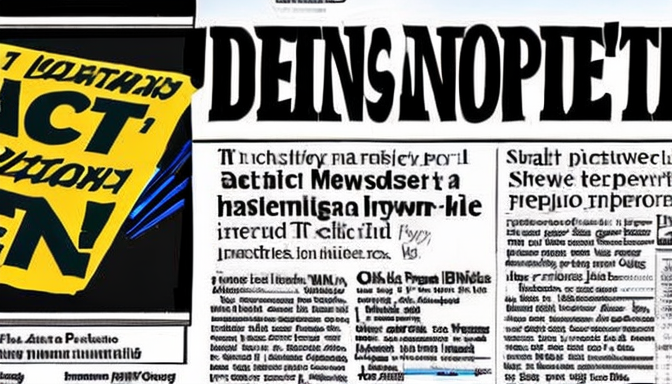In the world of sports, some matches do more than just showcase talent; they stir up controversy and ignite heated debates. Whether it’s a last-minute penalty or a questionable red card, these moments become the talk of the town. Fans, analysts, and players often find themselves on opposite sides of the argument. Why do these incidents create such a buzz? It’s simple. They challenge our perceptions of fairness and integrity in the game.
Take, for instance, the infamous match between Team A and Team B. A dubious call by the referee led to a flurry of discussions. Some argued it was a clear foul, while others insisted it was a case of overreacting. This divide only fueled the fire. Fans took to social media, expressing their opinions, often citing past incidents to support their views. The match report became a battleground for differing opinions.
Moreover, the impact of these controversies extends beyond just the fans. Coaches and players often feel the pressure. They must navigate the fallout while maintaining their focus on the game. This dynamic adds layers to the narrative, making each match report a potential spark for debate. In a sport where every decision counts, the line between right and wrong can blur, leaving everyone questioning the integrity of the game.
Key Matches That Divided Opinions
Throughout the history of football, certain matches have sparked heated debates among fans and analysts alike. These games often become more than just a contest; they morph into a battleground of opinions. Take, for instance, the infamous 2010 World Cup match between England and Germany. Remember that moment when Frank Lampard’s shot hit the crossbar and clearly crossed the line? Yet, the goal was not awarded. Fans were left fuming, and analysts couldn’t stop discussing the implications of technology in the sport. Was it a clear mistake? Or just part of the game? This match didn’t just end on the pitch; it ignited discussions about fairness and the need for video assistance.
Another example is the 2019 UEFA Champions League clash between Tottenham Hotspur and Manchester City. That thrilling match saw a last-minute goal from Raheem Sterling, only to be disallowed after a VAR review. The emotional rollercoaster left fans divided. Some praised VAR for its accuracy, while others condemned it for ruining the spontaneity of the game. It’s moments like these that remind us how football is more than just a sport; it’s a tapestry of emotions and opinions.
These key matches showcase how a single moment can alter perceptions and fuel debates. They remind us that, in football, everyone has a voice. And that’s what makes the game so captivating. It’s not just about the score; it’s about the stories we tell.

Media’s Role in Shaping Controversy
The media plays a crucial role in shaping the narrative around football matches. When a controversial moment occurs, such as a questionable penalty or a red card, the way it is reported can spark a wildfire of debate. Fans often turn to their favorite sports channels or websites for analysis, and what they see can heavily influence their opinions. This is where the power of words comes into play.
Consider a match where a last-minute decision changes the outcome. The headlines might scream “Referee Blunders!” or “Game-Changing Mistake!” Such phrases can stir emotions and lead to heated discussions among fans. The media doesn’t just report the facts; it colors them. It can amplify outrage or create sympathy for a team. The impact is profound.
Moreover, social media has transformed the landscape. Instant reactions flood platforms, allowing fans to express their anger or joy in real-time. This can sometimes lead to a mob mentality, where a single controversial call becomes a rallying point for fans. The media’s portrayal can either fuel this fire or help cool it down.
In essence, the media shapes perceptions. It can turn a simple match report into a battleground of opinions. As fans, we must remember that what we read is often just one perspective. Engaging with various sources can provide a more balanced view. After all, football is a beautiful game, but it’s also a game full of passion and differing opinions.
Frequently Asked Questions
- What are match reports that spark controversy?
Match reports that spark controversy are detailed accounts of games that lead to heated discussions among fans, analysts, and players. These reports often highlight contentious decisions, unexpected outcomes, or dramatic moments that divide opinions and create a buzz in the sports community.
- How do specific matches lead to disagreements?
Certain matches become flashpoints for disagreement due to pivotal incidents, such as questionable referee calls or dramatic last-minute goals. These moments can alter the course of a game, prompting fans and pundits to debate the fairness and implications of the decisions made during the match.
- What role does the media play in amplifying controversies?
The media plays a crucial role in shaping public perception by framing narratives around controversial matches. Through analysis, commentary, and sensational headlines, media coverage can intensify debates, influencing how fans perceive the events and the players involved.
- Why are these debates important for the sport?
Debates surrounding controversial match reports are vital as they keep the conversation alive among fans, enhance engagement, and contribute to the sport’s evolving narrative. They also encourage accountability and transparency, pushing for better officiating and fair play.